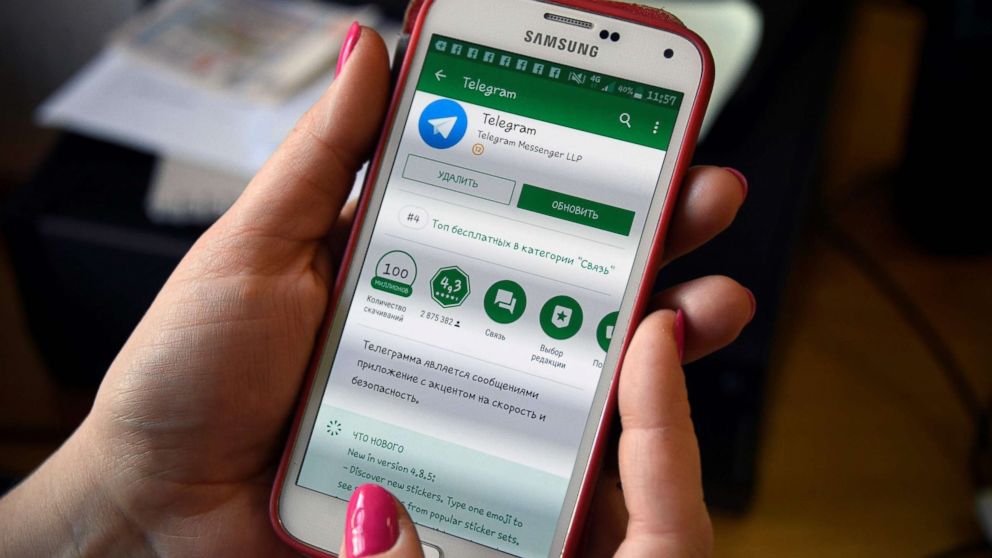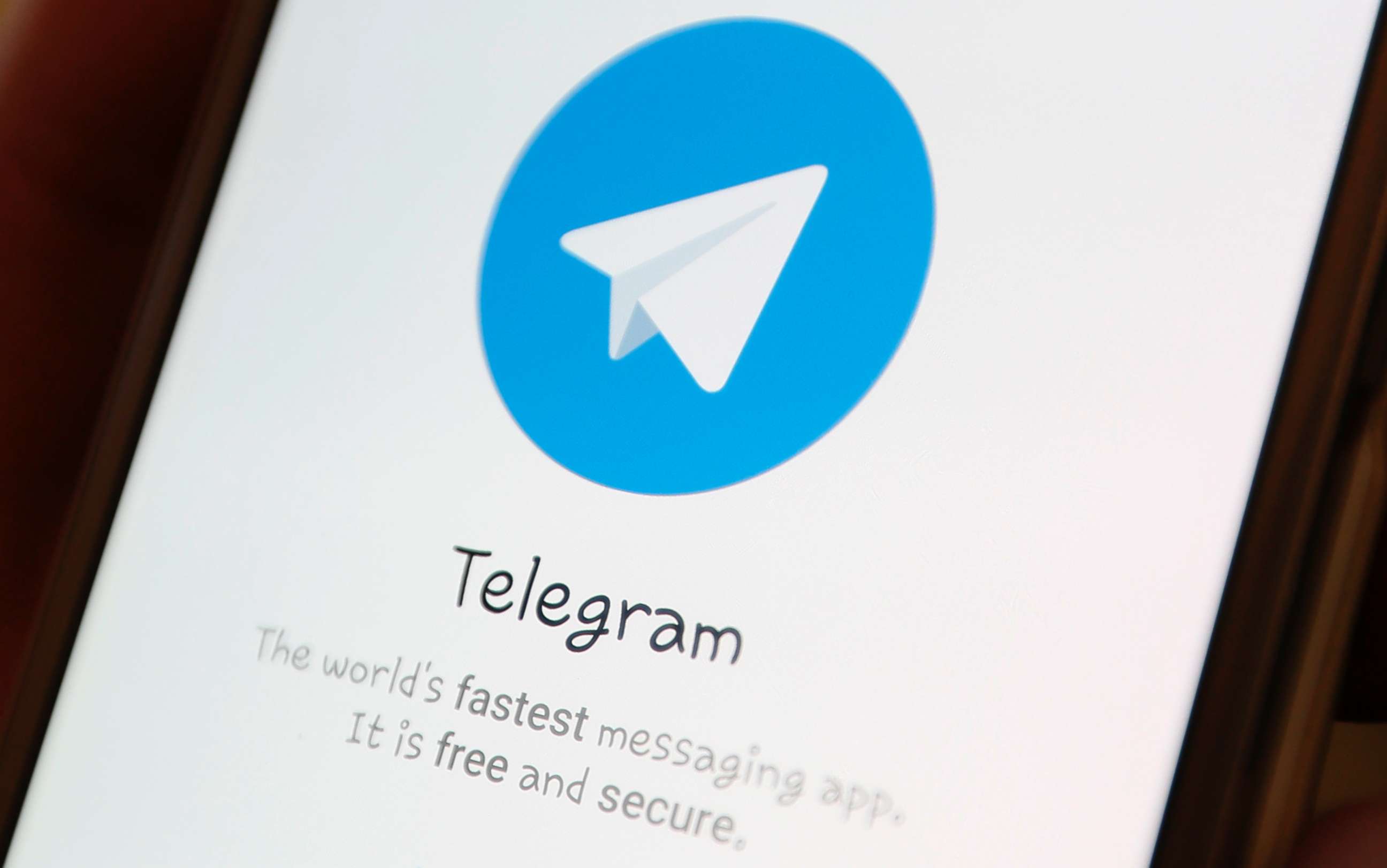Russian court bans Telegram after encrypted messaging app didn't grant government access
"Telegram ... does not hold anything it can turn over," company says.

BELGRADE, Serbia -- The Telegram encrypted messaging app must be immediately blocked in Russia, a Moscow court ruled this morning after the cloud-based instant messaging service declined to grant government access to its users’ conversations.
Roskomnadzor, the Russian federal telecommunications authority, told Telegram in mid-2017 it had to hand over the “keys” to users’ encrypted conversations.
But Telegram, founded by Russian entrepreneur Pavel Durov and operating out of Dubai, United Arab Emirates, refused to do so.
“As with other modern encryption applications, the keys to Telegram users’ private conversations are held on their own mobile or desktop devices,” Telegram lawyer Damir Gainutdinov told ABC News today. “So Telegram runs the service but does not hold anything it can turn over to authorities.”

Telegram had asked Moscow’s Tagansky court to delay the hearing, Gainutinov said, so no company official showed up today in an effort to not “legitimize an outspoken farce by our presence.”
"The whole hearing lasted only 18 minutes,” he said.
Telegram has a month to appeal the ruling. “Of course, we will appeal and then we will go further and appeal to the European Court for Human Rights,” Gainutdinov said.
Telegram is widely used in the former Soviet Union, Middle East and Iran, and is ranked as the world’s ninth most-popular messaging app, reaching 200 million active users in March 2018.
It is the second social media network, after the LinkedIn Corp., to be blocked in Russia. LinkedIn of Sunnyvale, California, was blocked in 2016 when a court found the global professional network guilty of violating a law that requires companies holding Russian citizens' data to store it on servers in Russia
As for Telegram, founder Durov urged users in Russia not to delete or reinstall the application if they experience connectivity issues. “The app would find ways to circumvent Russia’s ban by using built-in systems in the service,” Durov wrote online.
“Privacy is not for sale, and human rights should not be compromised out of fear or greed,” Durov wrote on his Telegram channel, adding that Telegram enjoys “the luxury of not caring about revenue streams or ad sales.”